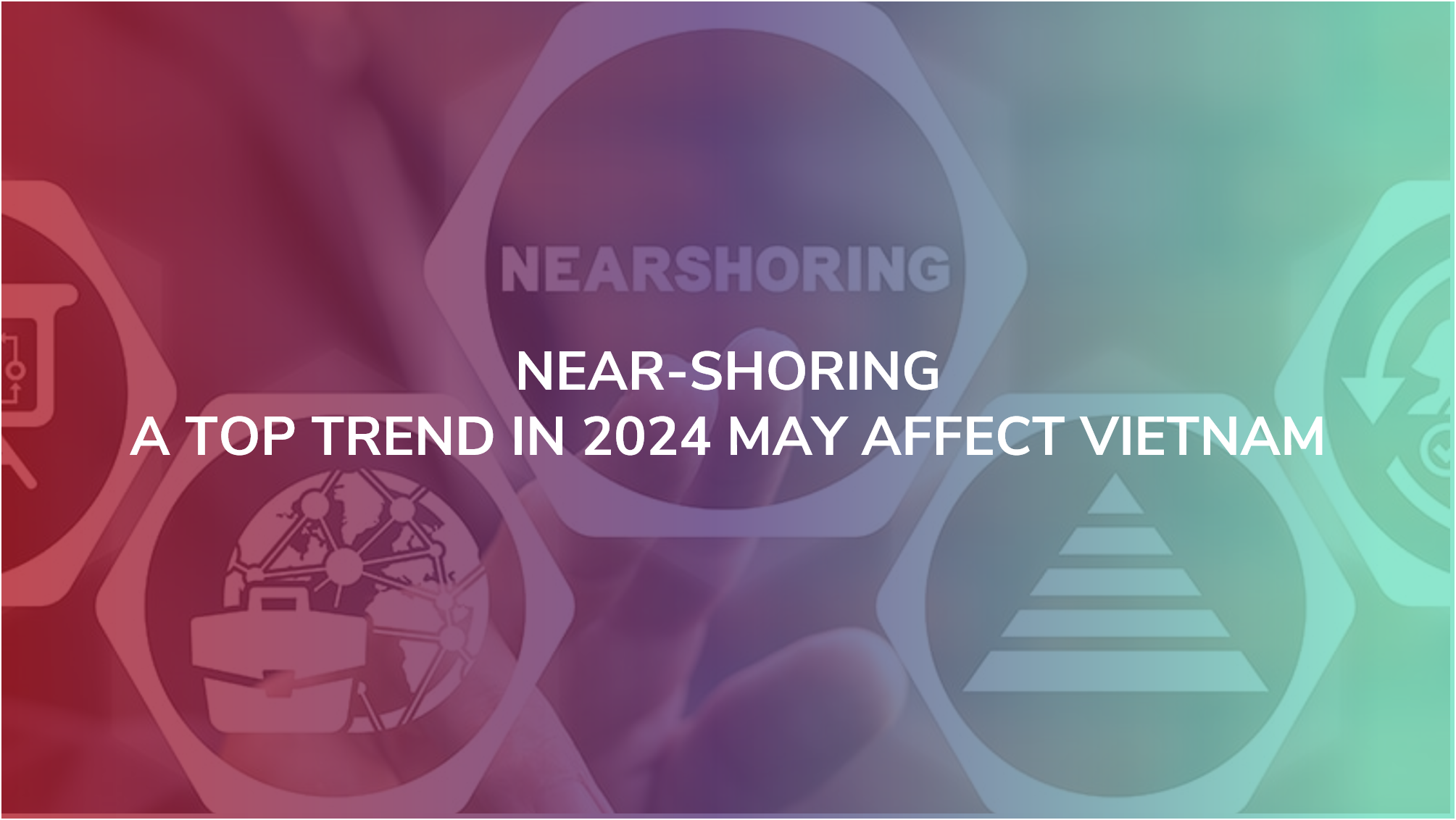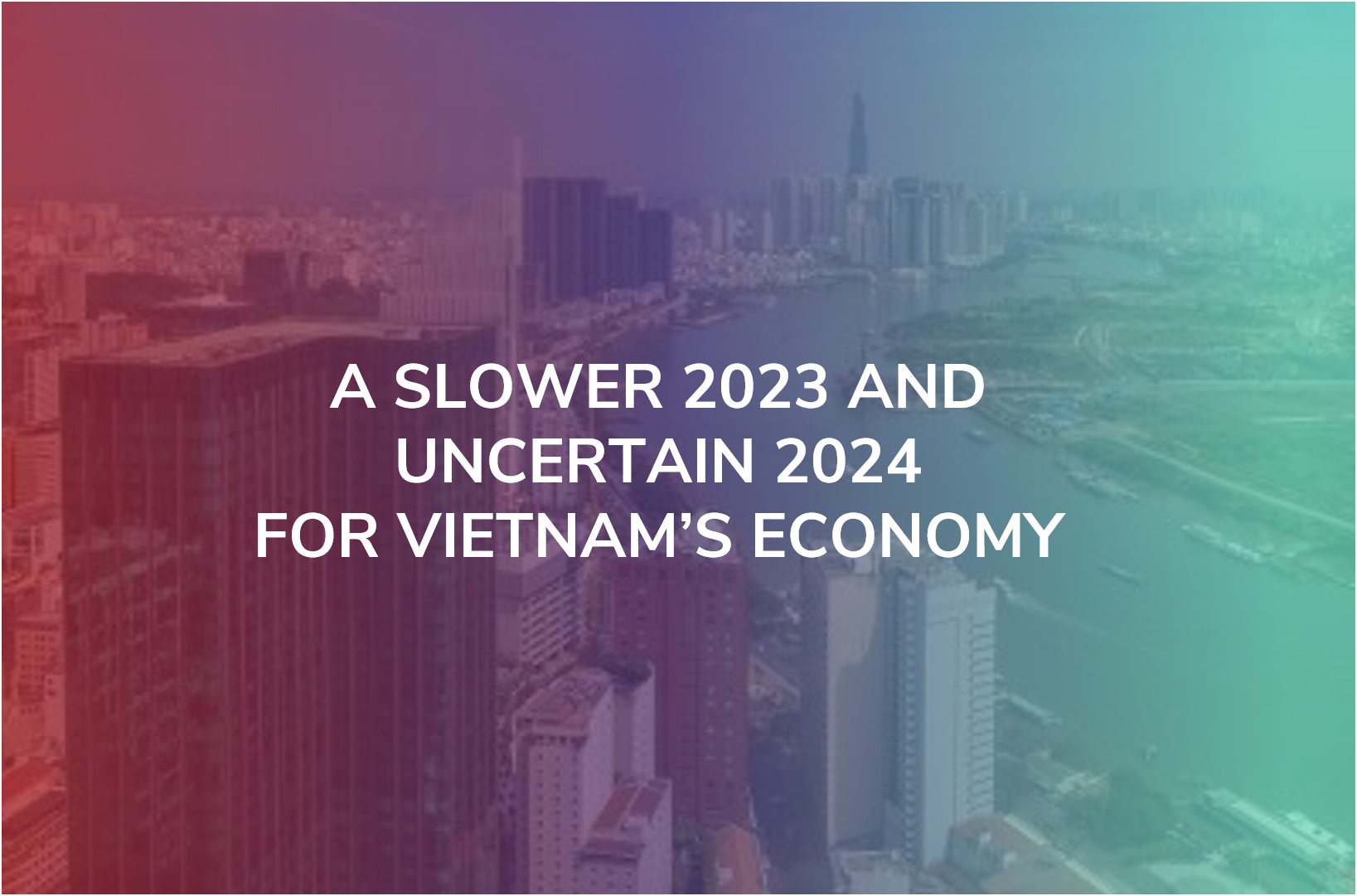“Digitization” of Human Resources services
The digital revolution has been infiltrating every sector: people use smartphones and tablets every day, use social networks in the workplace, digitize documents,… Digital technology has infiltrated our daily lives in both personal and professional activities. As a result, HR managers are facing challenges and forcing them to learn to adapt to a new ecosystem: Digital HR.
The role of HR managers in implementing digital solutions
The HR manager plays an important role in the process of “digitizing” activities in the company and the Human Resources department. They can select and use automation processes and new digital technologies for their operations. In addition, they are the bridge between employees and principles in the enterprise. Therefore, Human Resources must be the one to help employees better adapt to new internal strategies.
- Accompanying the departments: Because change often leads to employee confusion and misunderstanding, HR must be available to assist all employees with the use of new digital tools and understand the approach to digital HR services.
- Become ambassadors: HR needs to recognize its position in the new strategy to lead people to “digitize” services. HR must promote digital solutions and demonstrate the benefits they bring to employees, both in managing HR and improving HR services. HR must also communicate and encourage people to use new services as the whole company enters the digital age.
- Take advantage of new digital tools: One of the major challenges of HR managers is to self-control, run new technical systems to improve the quality of work of the HR department, come up with appropriate and innovative solutions for each employee. The challenge of entering this new digital environment lies in using the information gathered through the Human Resource Management Information System (HRIS) to improve work and better support employees.
- Set priorities in order: The “digitization” of HR should not be limited to just the transition from people to virtual environments. In contrast, digital technology allows HR managers to save time on slow administrative processes that prevent them from focusing their research and development on the human side. Therefore, the Human Resources department must grasp which services need to be “digitized” and which services need to be more focused, in order to organize and improve work appropriately, for the benefit of the company.
Digital HR Technology: improving the role of HR
The worry that employees face with the “digitization” of HR services is the communication gap when transitioning to new processes. HR and employees having to communicate through a computer screen will make employees feel abandoned. The task of the Human Resources department is to demonstrate to employees that this decision was made in the best interest of the employee, and at the same time, it improves the capacity of the Human Resources department to answer and manage employee needs. Indeed, digital technology is proving to be an important ally for employees as it speeds up employee demand response, avoids errors, and helps them better meet expectations.
Advantages of digital workforce services
“Digitization” of the Human Resources service allows you to have all the necessary tools to manage the Company’s Human Resources. Comprise:
- “Digitization” of payslips: this allows for better organization and reduces costs. Now, neither HR nor employees need to worry about losing payslips. Employees have access to the entire company’s paycheck system, which will have a dedicated directory for them to address or accelerate their needs.
- Manage your holiday and work schedules more easily: to avoid any errors in the confirmation of holidays, holidays,… The online management of vacations and holidays allows employees and businesses to have a holistic view of everyone’s vacations and absences. For example, reducing absenteeism during periods of high demand for leave (such as summer vacations and school breaks); allow employees to decide their own days off at another time…
- Employee benefits management: automating benefits management reduces wage disparities between employees. Employee loyalty to the company is reflected in the benefits of working at the company. Optimizing HR tools by linking the three elements of salary, leave and unleave, everything will be automated and fast, ensuring fairness and transparency.
- Schedule visibility: work planning requires clear schedules of people. In addition to being able to plan and maintain team productivity, managers can also monitor schedules to ensure minimizing overtime hours and controlling labor costs. Digital schedules will provide managers with better access to this information.
- Better training: focusing on training employees and allowing them to participate in on-demand training will increase employee motivation while creating rapid skill improvement throughout the workforce. Furthermore, employees will feel heard and free to make choices when it comes to their career development. They will have the tools available to proactively develop themselves. You can also orient the necessary training programs for each employee and come up with a training program tailored to each one.
- Ability tracking: through the collection of information you have access to track the development and acquisition of skills of all employees in the company. This allows HR to track people’s development plans and find new talent in areas where there is a shortage internally. It is also beneficial for the company to know the capabilities of employees to anticipate and implement those replacements or promotions.
Digital HR services will lead to significant upheavals within a company’s organization. According to employees, the modernization of the Human Resources department can be seen as a beneficial development or in the other direction, it separates the Human Resources department (the Human Resources department and employees will communicate through new digital technologies). Therefore, the role of the HR manager is to reassure the employees and, above all, make solutions accessible and understandable to all by presenting the benefits of adopting these new tools. The main goal of Digital HR services is to enable the entire company to make the best use of these new digital tools.
Source: https://blog.peoplespheres.com/digitize-your-hr-service
Metta Marketing
Born to build Brands










